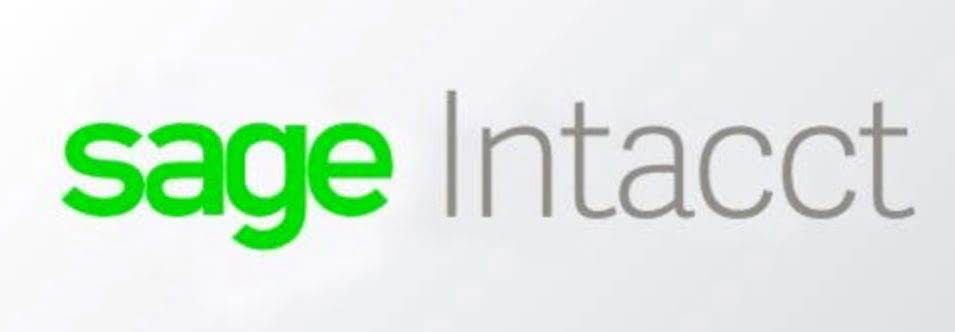Public Accounting: Careers, Skills, and How to Become a CPA
The New York Times Breaking News, US News, World News and Videos
July 31, 2023Control Chart: A Key Device For Guaranteeing High Quality And Minimizing Variation
July 31, 2023Public Accounting: Careers, Skills, and How to Become a CPA

Public accountants, also called certified public accountants (CPAs), are qualified to help other businesses as well as individuals with their tax needs. A CPA license isn’t required to work in corporate accounting or for private companies. However, public accountants—individuals working for firms such as Deloitte or Ernst & Young that provide accounting and tax-related services to businesses—must hold CPA designations. We mentioned earlier that public accounting encompasses a wide array of responsibilities, from auditing to tax services and financial advisory.
#5: Build your soft skills.
- Data analytics can provide deeper insights into financial trends, enabling businesses to make more informed decisions.
- Some firms are full-service in that they offer a full range of accounting services, including taxes, bookkeeping, audits, risk, payroll, and more.
- Additionally, the valuation of intangible assets, such as intellectual property and patents, requires specialized accounting knowledge.
- She enjoys synthesizing concepts into a digestible, informative, and valuable resource for her audiences, and feels fortunate to work in a position that fosters extensive reading and intellectual growth.
- With this knowledge, we encourage you to form a plan—albeit a rough one—of your career goals.
- These individuals possess a deep understanding of accounting principles, taxation, and auditing, making them indispensable in the world of finance.
- Public accounting firms can range in size from sole practitioners to hundreds or thousands of CPAs offering services locally, regionally, nationally, or internationally.
They provide expertise on tax planning, compliance, and strategies to optimize tax positions. Public accountants serve as the critical bridge between businesses and the financial world at large. Their role extends beyond numbers; they are guardians of trust, ensuring that financial information remains accurate, transparent, and in compliance with regulations. In a world where investors, stakeholders, and the public demand financial accountability, public what is public accounting accountants play an indispensable role in maintaining the integrity of financial reporting. This comprehensive examination is a formidable barrier to entry, testing candidates on their knowledge, analytical skills, and ability to apply accounting principles in real-world scenarios. While public accountants serve multiple clients at any given time, private accountants perform accounting services within an organization’s internal finance department.
What does a CPA do?
This ebook includes everything you need to know, including the exam format, types of questions in each section, study tips and practice questions. There is currently a shortage of accountants as fewer students major in accounting1 and even fewer accountants choose to become CPAs. Compounding this problem, approximately 75 percent of the members of the American Institute of Certified Public Accountants (AICPA) are eligible for retirement2. Coursera’s editorial team is comprised of highly experienced professional editors, writers, and fact… Reflect on the kind of company you want to work for and the role you want to fill that is best aligned with your accounting interests.

Download our FREE 2024 CPA Exam Guide
The examination is not merely a test of knowledge; it assesses problem-solving abilities and the capacity to make sound judgments in complex financial situations. Public accounting, in essence, is the art and science of safeguarding the financial health of businesses, both big and small. Some employers require or prefer accounting candidates with a master’s degree, but it’s not a requirement. This book, first published in 1988, is a readable, concise history of the accounting profession in the US from its beginnings to the late twentieth century. It examines the roots of the profession, how it developed, how its standards have evolved, and what social, economic and legal forces have shaped it.
- CPAs have a wide range of career options available in public accounting (that is, working for an accounting firm), corporate accounting (working inside a company), or government service.
- To give you a jumpstart, we’re sharing seven tips on how to succeed in public accounting and set yourself up to accomplish your goals.
- It may not yet be your “dream job,” but it should have elements that interest and excite you and guide you in the direction of your career goals.
- Federal and state laws require CPAs to maintain independence when performing audits and reviews.
- Senior Auditor (3-6 years) works under the general direction of an Audit Manager.
As technology continues to reshape the profession, the role of the modern public accountant is evolving. CPAs are increasingly becoming strategic advisors, using their financial expertise to help businesses navigate a complex and dynamic economic landscape. They are not just historians of financial data but also forward-looking visionaries who guide businesses toward long-term success.
- Their role extends beyond numbers; they are guardians of trust, ensuring that financial information remains accurate, transparent, and in compliance with regulations.
- Experience in public accounting and your degree and licensure can make getting hired as a CPA easier.
- For the past 52 years, Harold Averkamp (CPA, MBA) hasworked as an accounting supervisor, manager, consultant, university instructor, and innovator in teaching accounting online.
- At its core, it involves the analysis, verification, and assurance of financial information for public and private entities.
- Public accounting is the sentinel of financial integrity in the corporate world.
